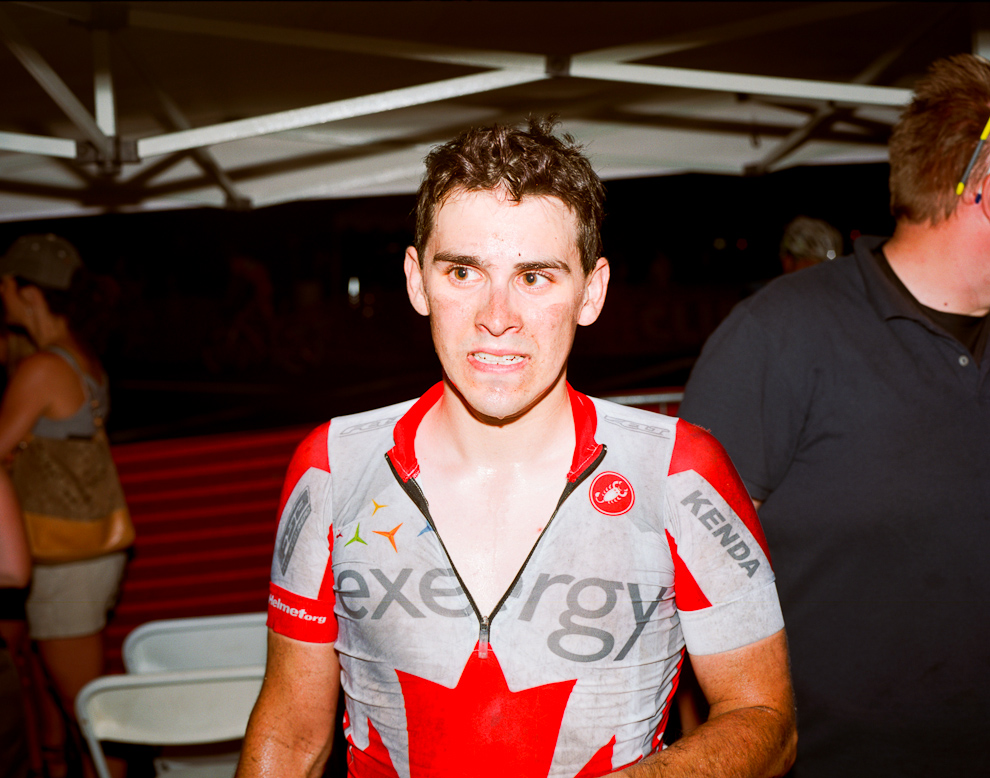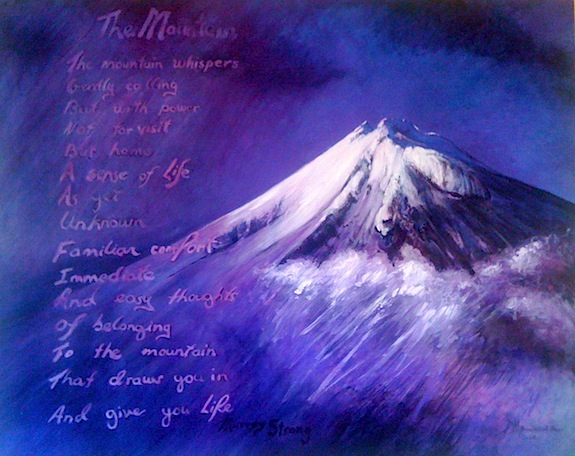Cycling is a combination of physiological talent (ability to utilize oxygen and go up hill) and skill (ability to manoeuvre one’s bike along the course and through the pack). One cannot improve one’s talent; one can only develop their physiological and psychological potential over a long period of time. However, one can improve one’s skill set very quickly; therefore it becomes a rider’s obligation to become as skilled on their bicycle as possible prior to racing season.
New Year’s Resolutions
Resolutions are for those who lack the courage to change today. It is silly. The natural order of change is to do just that! CHANGE! To undergo metamorphosis. Yes, it often means that in the process you discard that which is no longer useful, but no where does the word change or metamorphosis indicate that we have to wait until tomorrow, or next year to begin!
The fear of the unknown and fear of loss is what holds us in violent patterns of consistency. The beauty of change resides in its spontaneity, its lack of reason (or reasons we cannot comprehend at the given moment) and its often rejuvenating nature (to those listening).
Instead, a small goal or object each day can help one move forward now, not later. This goal can be as small as saying “good-day” to each person you meet on the bike trail, or something as large as finally finishing your thesis. Either way, a tangible and manageable goal today will take you one step closer to your aspirations. So have the courage to look within, find a task and do it completely. Make it the best “good-day” you can. Project that which you wish to receive and create a beautiful reality.
Get fired up with JSparls
December Cycling: Mini Camps
December is a tricky time of year for cyclists with too much time on their hands. How hard should I train? I don’t want to burn out! But I don’t want to waste my time! What to do?
Step 1: Look at your race season. How many days of stress are you going to be dealing with? Multiple days in a row?
Step 2: Create your own training camps/mock stage races. Shoot for 3-4 days in a row, followed by 2-3 days easy. This way you can usually target good weather and weekends.
Step 3: Plan it out, make it hard, get it done and then take Christmas off. Place more emphasis on the recovery portion of these “on days” than on the rides themselves as it is by monitoring differences in sensations due to changes to nutrition, sleep and general stress that will provide the most long term benefits. Learn your body. Take notes.
Step 4: Realize that each day is a notch in the tree, and only in time can it become a canoe. Precision and patience today = perfection tomorrow. So do as Krogg would do, and go swing that axe. Then have big caveman nap!


